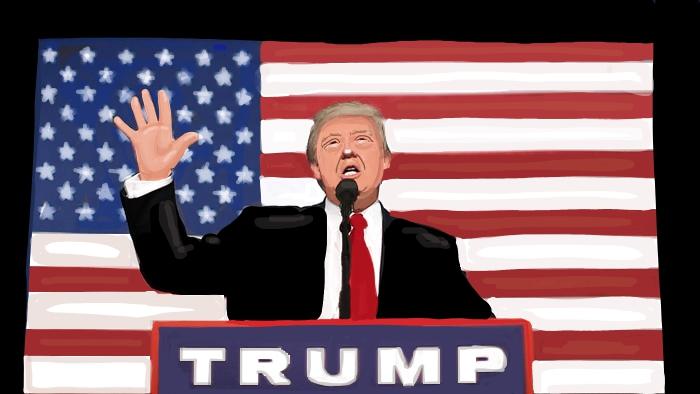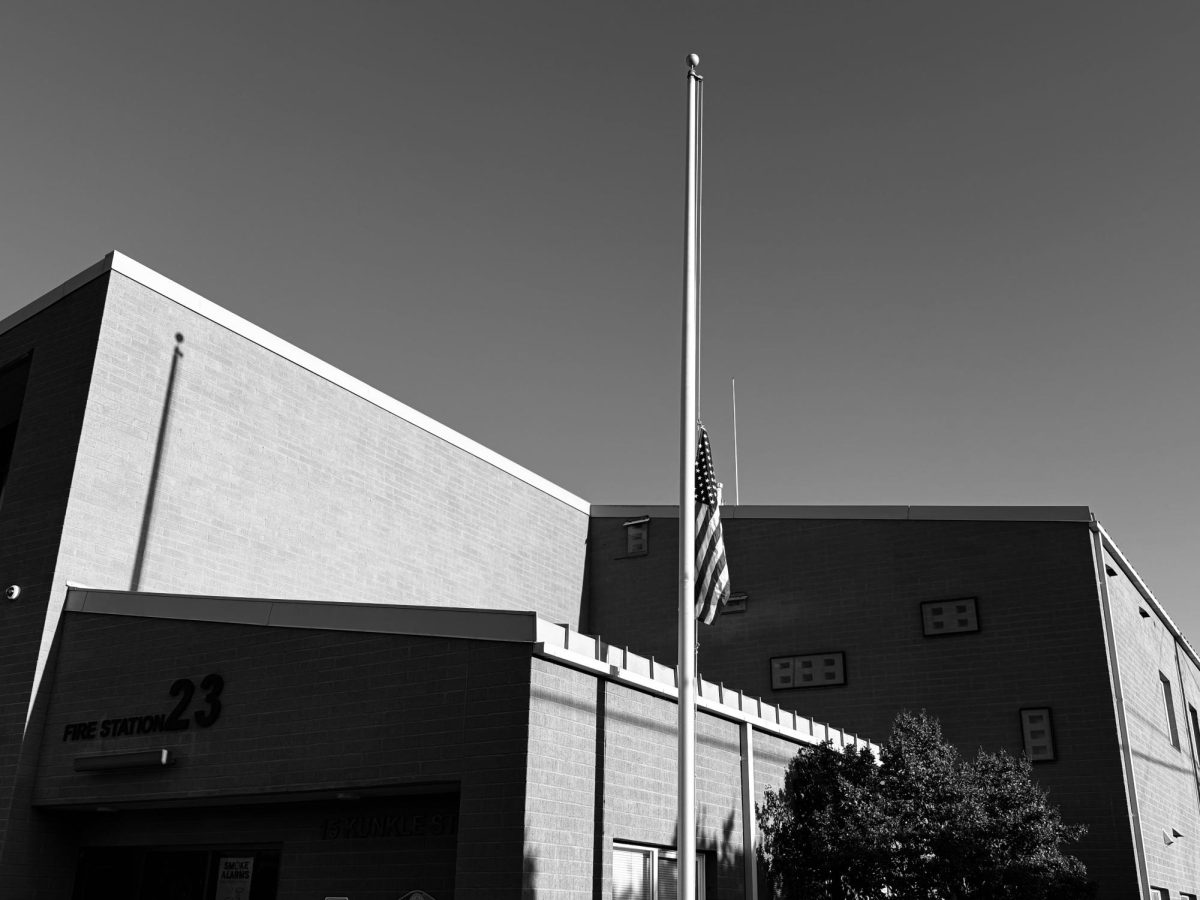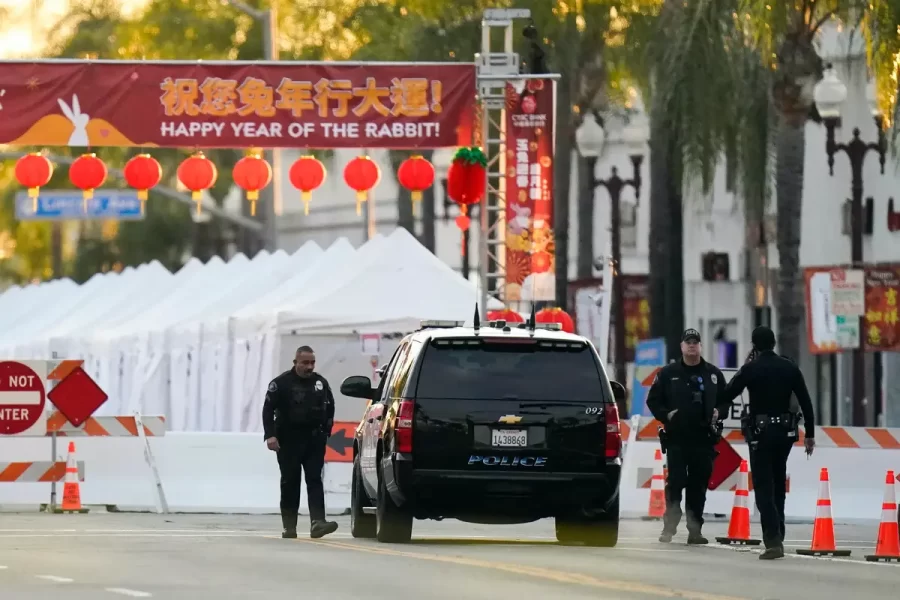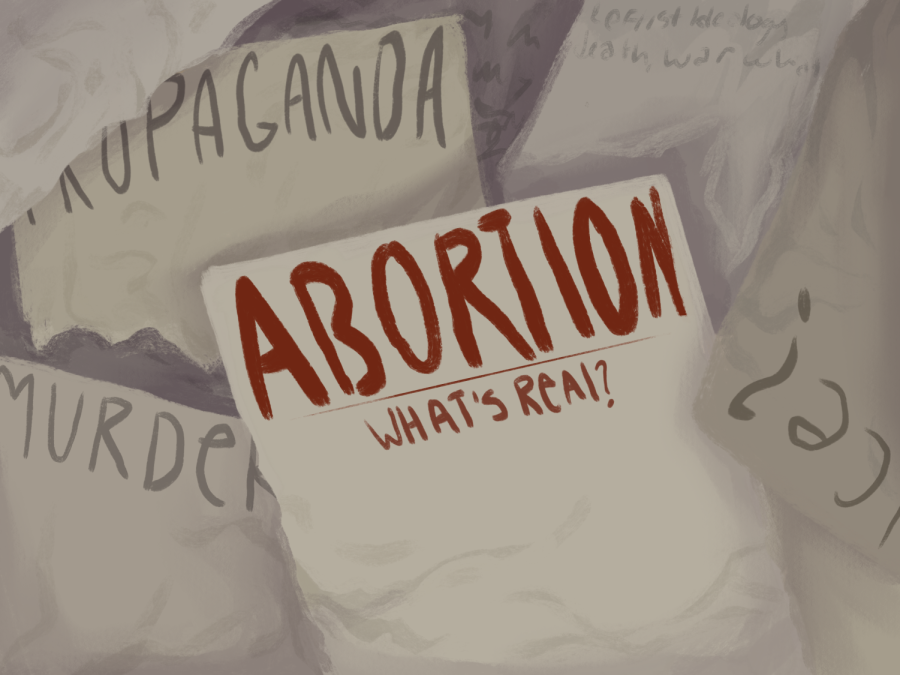Intense crowds of both supporters and protesters swarmed the nation on the historic day of Jan. 20, 2017, where Washington D.C. became home to one of the most controversial swaps of power ever witnessed. Now the 45th President of the United States, the future of an American people on the brink of division hangs on the thread of Donald Trump’s inaugural address; and in the young sunlight of a new day, he gave a speech that I can say keeps the stability of the nation reassured and secure for now, yet still leaves us uncertain for the days to come.
The opening
The night prior to his inauguration, Trump held a ceremony at the Lincoln Memorial, where he boasted what can be considered no less than a victory speech, celebrating his personal progress and catering to his supporters. This was not the case with his inaugural address.
Along with a customary thank you to the Obamas, Trump focused on the American people as a whole rather than congratulating those who voted for him. Trump would begin with stating that “together we will determine the course of America […] We will face challenges. We will confront hardships, but we will get the job done,” which not only unites all Americans under the same “challenge,” but begins hopeful in the power of the American people, not just he himself. Many Democratic supporters see Trump as someone who cares little about the individual and more about the Establishment, so when he claims he will be “transferring power from Washington, D.C. and giving it back to you, the people,” he’s clearly playing off this fear.
The opening serves as a stark contrast to the previous night’s speech, he’s putting Americans first and transplanting the goals of the next four years (while also remaining vague about how polemical they are) onto us as society. This type of rhetoric was expected considering the state of the Union, but it’s still surprising to see the restraint Trump putting Americans of all parties and classes in the spotlight, at least in the beginning. Whether this message will reach us all as intended is yet to be determined.
Foreign policy and the American infrastructure
After a few more unifying words, Trump turns to his plans on foreign affairs, especially in terms of business. This is where the rest of the world is turned against America and citizens not enthused with his position may tune out. As previously detailed, Trump wants to bring economy back to America and focus on raising our own industry and employment rather than relying on imported goods and providing work for immigrants.
In his view, “the wealth of our middle class has been ripped from their homes and then redistributed all across the world” and he aims to place “America first.” Also, as expected, he briefly touches on immigration, but uses the term “our borders” while referring to foreign relations in general, giving the listener a sense of either priority or exclusion.
At this point of the speech, there is an appeal to pro-Trump conservatives and the promise of bringing industry and manufacturing back to our nation, along with stronger defense from our military here at home. This is a positive message for the middle class worker who is being “left behind” and rings the sound of a new “Gilded Age” for America.
For the anti-Trump liberals, the rhetoric implies isolationism and nationalistic dominance over other nations, putting us aside from global cooperation, insisting to avoid the “ravages” of other countries. Yet, he rescues himself by promising “we will seek friendship and goodwill with the nations of the world […] with the understanding that it is the right of all nations to put their own interests first,” while still assuring supporters that America’s interests go first by applying this as a right for all nations.
It couldn’t be presumed that Trump’s address wouldn’t layout his agenda, and while this would naturally begin to split the audience, he achieves cohesion by reminding us of the importance of good foreign relations, while keeping his pledge to make America “shine as an example” of proper self care and greatness.
The war on terror and the critical error
Unfortunately, President Trump’s rhetoric takes a turn for the worst in the latter part of the speech. In response to terrorist groups, he wishes to “unite the civilized world against radical Islamic terrorism.” What’s notable is his explicit description of these groups as “radical Islamic,” which as many Republicans concur, is the proper name to dispel the belief that all Islamic religion is considered a “threat” to the United States. This is fine, and if anything, shows some tolerance and respect for the religion by not branding all Muslims as terrorists and making the distinction from radicals. It’s what follows suit that, in my opinion, destabilizes the address.
Firstly, he uses very strong language when stating that he will “eradicate [radical Islamic terrorism] completely from the face of the earth,” which at time of great contention in our society isn’t the type of language we want to hear. The message is good, we do want to remove the atrocities of terrorism from our world, but it could have been said in much calmer rhetoric; it’s the way he conveys this message that seems uncivil and unpresidential, especially for an inaugural address.
Secondly, he attempts a religious appeal to unify us, stating “the Bible tells us how good and pleasant it is when God’s people live together in unity.” While there were good intentions, this type of appeal doesn’t have the same effect as it would years ago. Our culture is based off of varying religions, so using Christianity is more about following precedent of Presidents before, but not an effective strategy to unite a diverse people.
What’s worse is that in binding us under one specific religion, he seems to ostracize other religions including Islam, making the atmosphere unwelcoming to all Muslims, despite his earlier specific effort to be. Trump should have tried to reconcile with the Muslims he may have offended earlier when running, further driving the distinction from radical terrorism and the religion itself. Yet, this effort falls mute for the remainder of the speech.
The verdict: can we make America great again?
Despite the major flaws, Trump’s inaugural address does point in a generally positive direction. The patriotic approach is wonderfully melded with the messages of unity, that “whether we are black or brown or white, we all bleed the same red blood of patriots.” His emphasis is on the American people, that our combined “hopes and […] dreams will define our American destiny,” no matter what part or class of America we come from. However, I don’t believe it was able to bring the nation to complete unity, as his controversial views still shines through and still continues to dissuade the opposition. So, the future of America is still uncertain, though in reality, this was just his first of many acts as President, and the outcome is still yet to be discovered.














